The Perfume River is like a beautiful girl that many people are infatuated with. One of the most loyal and intimate lovers of the Perfume River is the writer Hoang Phu Ngoc Tuong. The memoir Who Named the River can be considered the writer's "heartfelt voice" dedicated to the lover he loved passionately. Throughout this memoir, the writer Hoang Phu Ngoc Tuong sometimes compares the Perfume River to a gypsy girl, to Kieu; sometimes personifies the Perfume River as "gentle and intelligent", "lying in a dreamy sleep"...
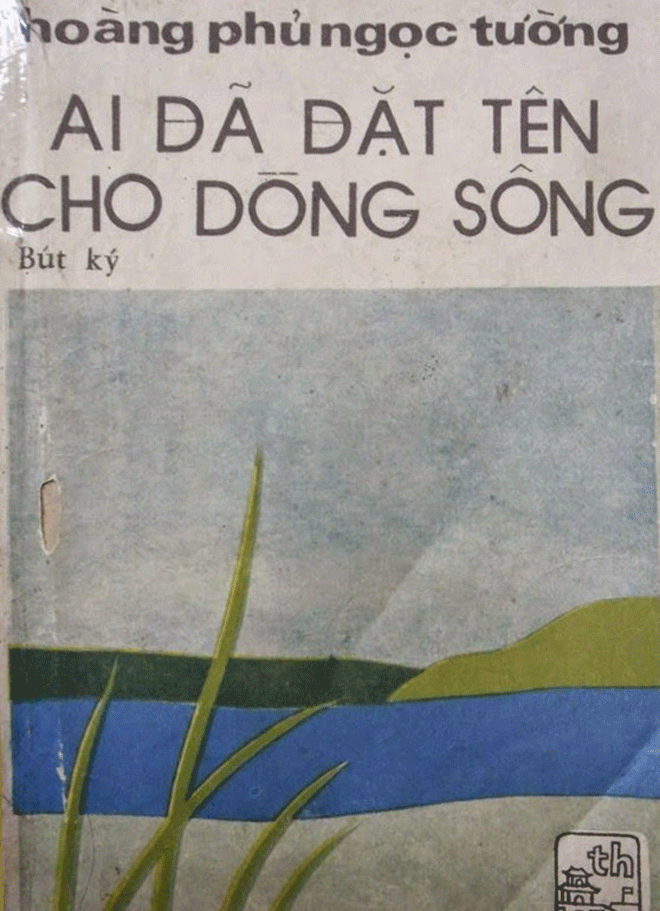 |
| One of his famous works, Who Named the River, written in 1981, is included in the general education literature program. Photo: Archive |
“A hundred years to calculate a square or round life - Must probe to the source, the river stream” (Nguyen Du), Hoang Phu, because of his love for the Huong River, traveled, climbed passes, crossed streams to the source of the river to learn, observe and the writer was surprised to find his lover at the age of “the spring of youth approaching the age of marriage”, not like Kieu “silently hanging curtains, covered with curtains” but a long epic of the old forest, bustling among the shade of the giant trees, fiercely passing through rapids, swirling like a tornado into mysterious abysses, and at times it became gentle, passionate among the long miles of brilliant red of wild rhododendron flowers. In the heart of Truong Son, the Huong River has lived half of its life as a wild and liberal gypsy girl. This is the first mystery of the river discovered by the writer.
Two contrasting characteristics of the Perfume River: gentle and fierce, have formed "in the heart of Truong Son", "under the shade of the great trees" like that, but how many people know? Of those two characteristics, the gentleness of the Perfume River is only highlighted by the writer in its soft shape and leisurely, gentle steps: just leaving the mountains, the Perfume River has changed its course continuously, making sudden turns, bending along very soft curves. And: the Perfume River when passing through the city flows slowly, very slowly, almost like a quiet lake. The gentleness is described by the author through the image of the river as a beautiful girl "lying dreamily in the middle of the Chau Hoa field full of wild flowers". The gentleness can be recognized just by looking, but the fierce character of the river requires a thorough understanding of history and literature to discover.
The writer goes back in time and imagines that the Perfume River fought heroically to protect the southern border of the Dai Viet homeland throughout the medieval centuries. In the 18th century, it gloriously reflected the Phu Xuan Citadel of the hero Nguyen Hue; it lived through the tragic history of the 19th century with the blood of uprisings, and from there the Perfume River entered the era of the August Revolution with its earth-shaking feats of arms... The fierce character of the Perfume River "suddenly rose up majestically like a sword lifting the blue sky in the spirit of Cao Ba Quat".
How sensitive and delicate must one be, how much understanding must one have for the Perfume River to be able to express the secret feelings of the Perfume River for the beloved city of Hue in such a romantic and skillful way? The writer compares this couple of lovers with the ideal couple of lovers in the Tale of Kieu: searching and chasing, gallantry and passion, poetry and music , and both are bound together in an eternal love. Just through a turn, a curve from Con Gia Vien to Con Hen, the writer can listen: like an unspoken "yes" of love...
According to Hoang Phu, it can also be felt visually with: hundreds of thousands of floating lanterns on the full moon festival nights of the seventh lunar month, drifting from Hon Chen Temple, passing through Hue, suddenly hesitant as if wanting to leave or stay, gently floating on the water surface as if the lingering feelings of a heart. According to the writer, the entire classical music of Hue: was born on the water surface of this river, in a certain boat compartment, amidst the semi-tone sound of falling water of the late night oars...
It can be said that with this famous essay, writer Hoang Phu Ngoc Tuong has summarized quite fully the natural beauty of Hue, Hue culture, and Hue people in a concise and poetic way.
MAI VAN HOAN
Source link


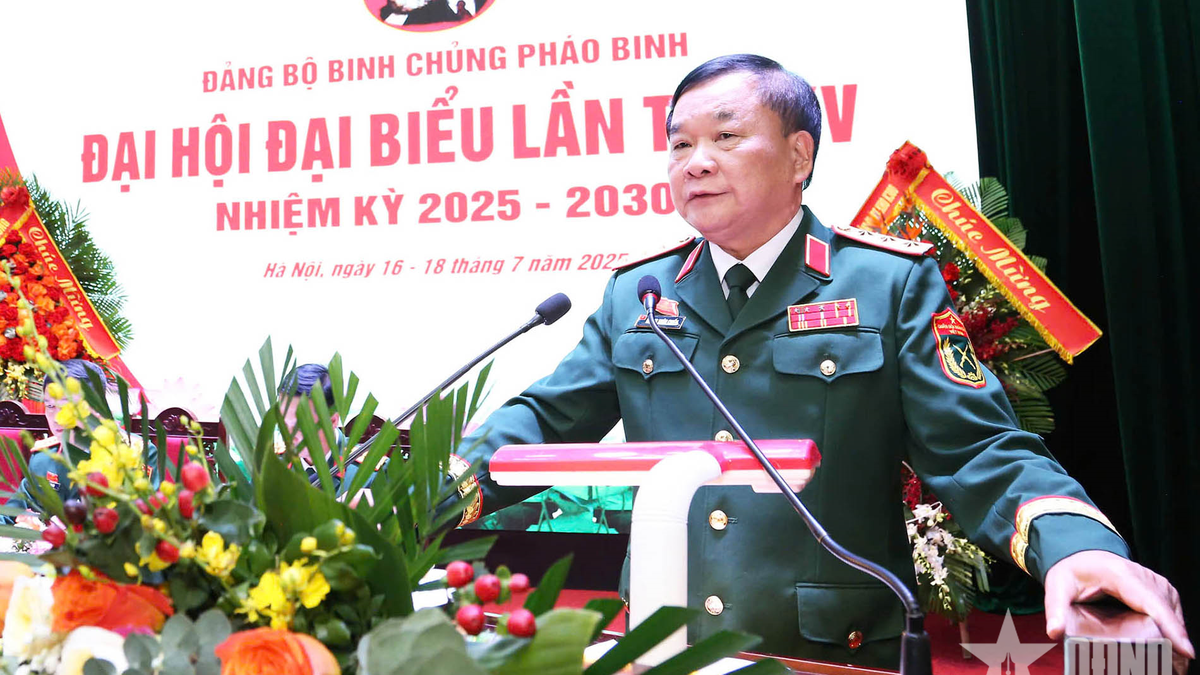
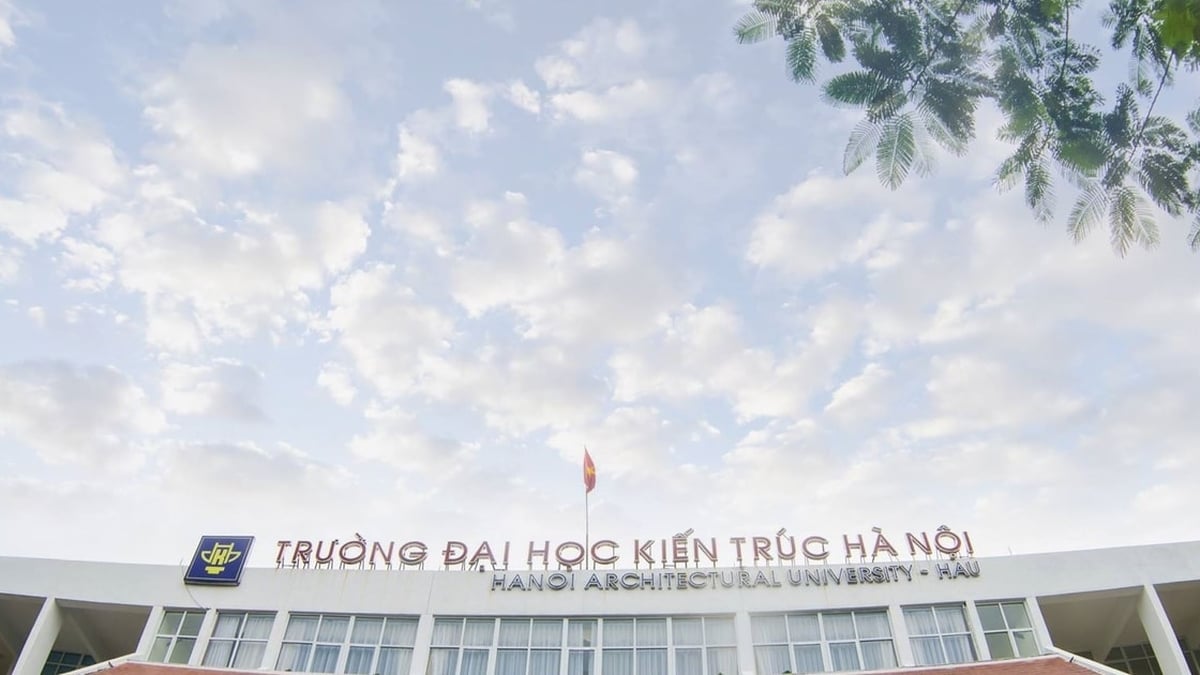



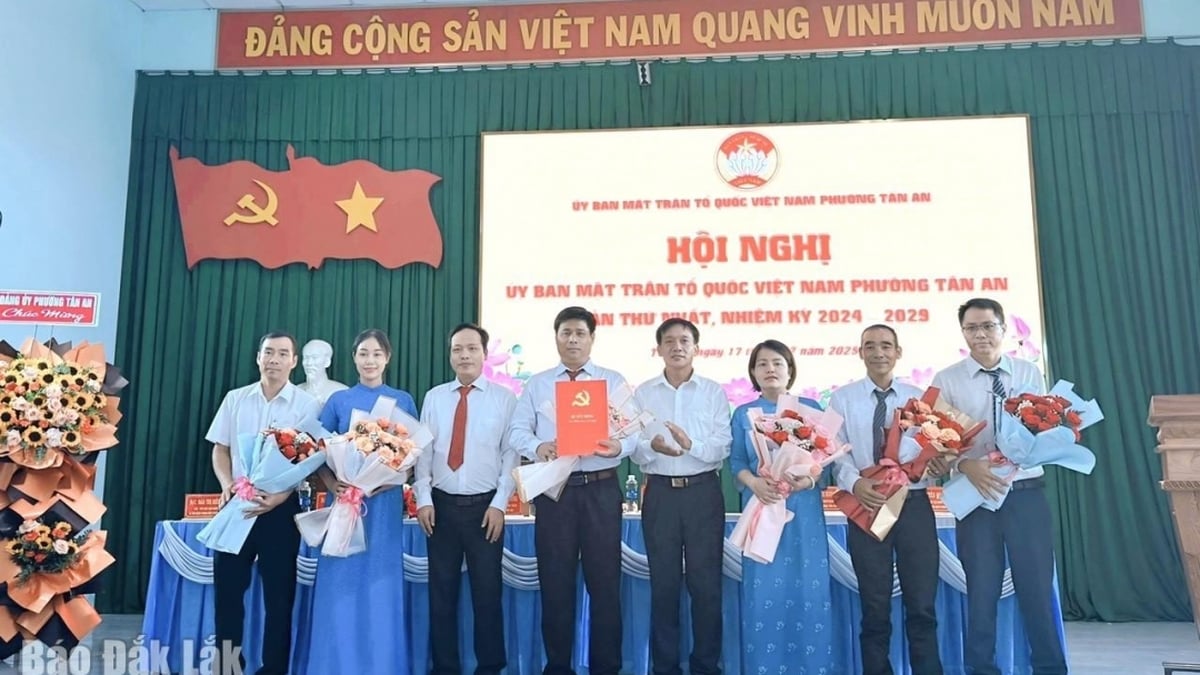


























































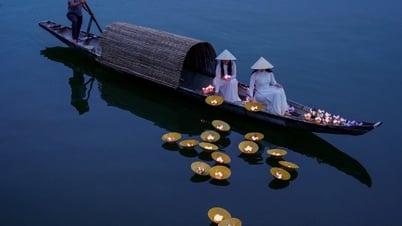








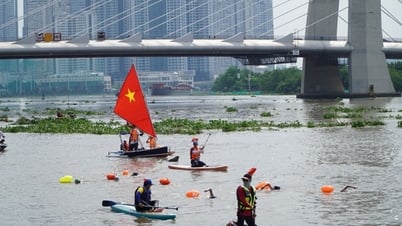
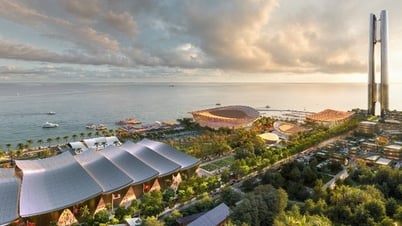
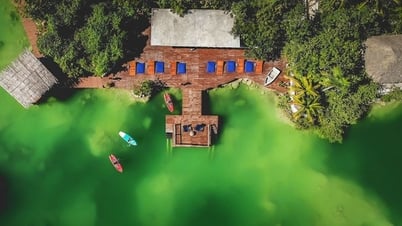
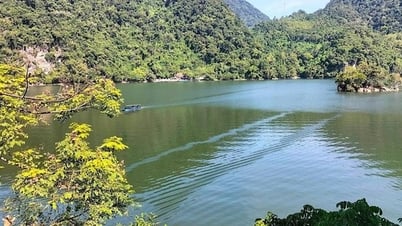






















Comment (0)